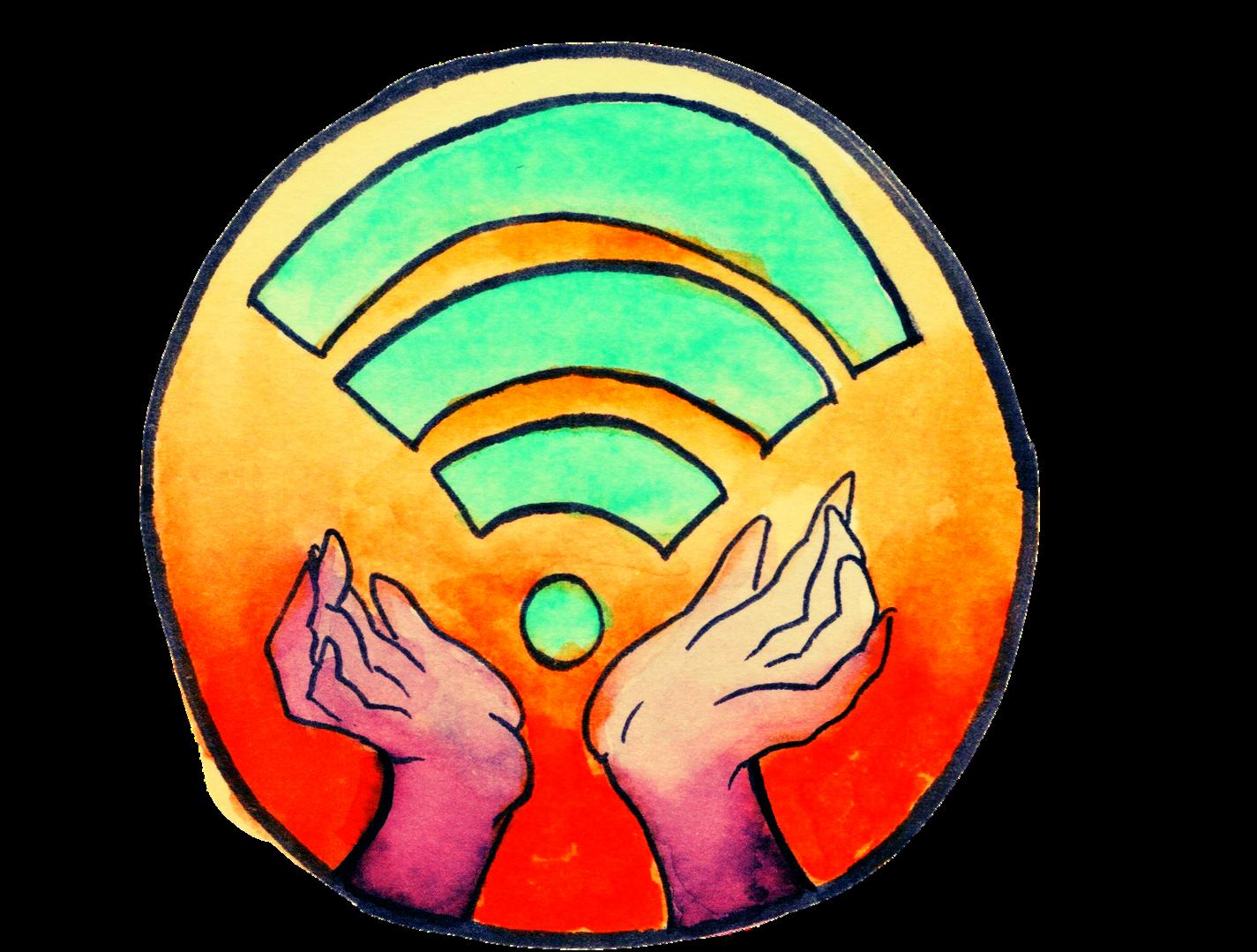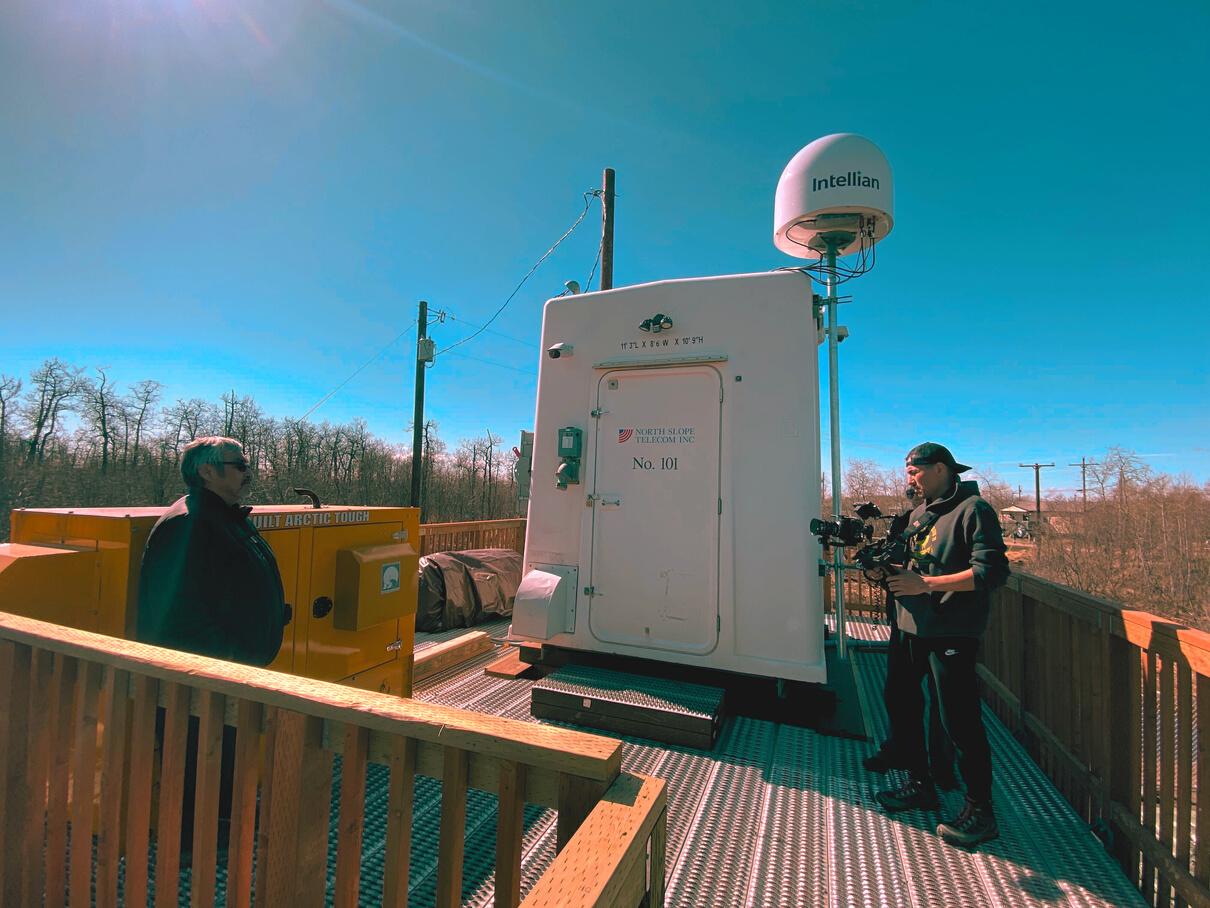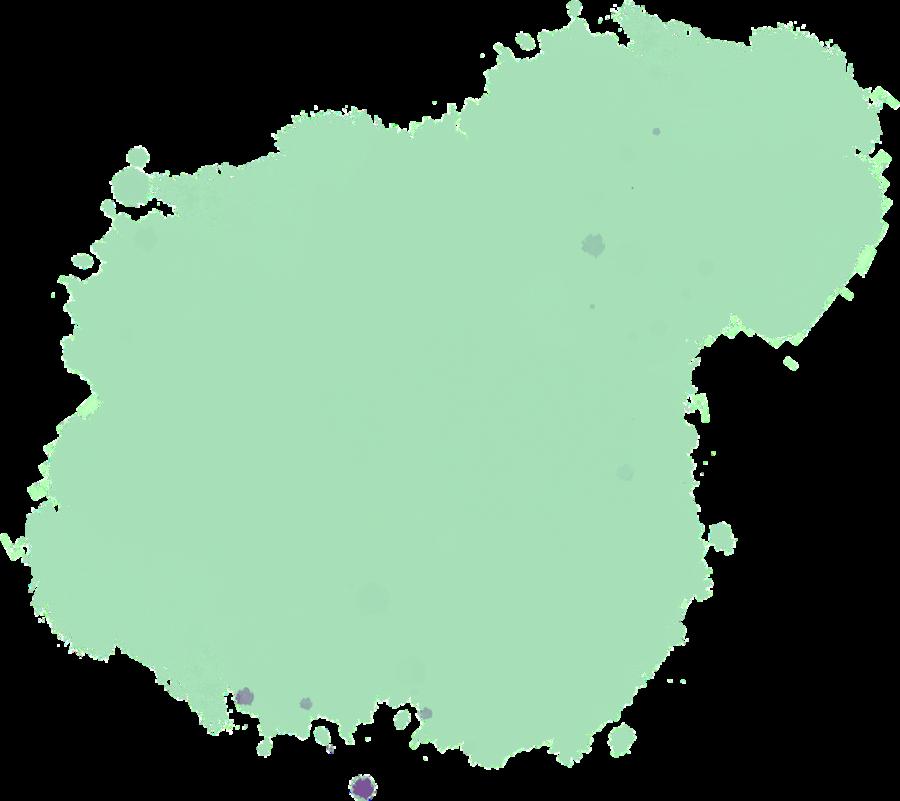
3 minute read
Broadband

Every community in Alaska has a right to affordable and reliable broadband internet.
Advertisement
Tribal control over broadband is a critical component of Indigenous sovereignty in the 21st century. Tribal knowledge is essential to shape telecommunications across Alaska; their knowledge of and relationship to the lands, waters, sacred sites, and rights of way are valuable to building the required infrastructure. Tribes should build and control their own networks.

Broadband is a crucial aspect of addressing many of Alaska’s biggest and most complex challenges: internet connectivity may be a balm to the isolation rural Alaskans can experience; broadband will open up new jobs, including highly-paid remote work to folks across the state, which will help diversify rural economies and let people stay in their communities; telemedicine could make healthcare far more accessible, avoiding the need for expensive trips to doctors; and highspeed internet can bring educational resources to Alaskans anywhere they reside.
For decades, broadband advocates have been pointing out that access to the internet is as essential as any other utility. The pandemic has illuminated that broadband is essential infrastructure.
AFFORDABLE, ACCESSIBLE HIGHSPEED INTERNET CONNECTION ALLOWS COMMUNITIES TO ACCESS TELEMEDICINE, EDUCATIONAL OPPORTUNITIES, AND EMPLOYMENT.
Currently, Alaska has the most expensive and lowest quality internet in the country. Only 60% of the state is reliably connected. In rural places, low-speed internet can cost $300 or more each month.
The crucial question is not “How much will broadband infrastructure cost?” , but rather “How much does the lack of broadband cost us?”
A 1% increase in access to high-speed Internet could result in…
$67.7 million in growth for Alaska’s economy. 1,890 jobs saved or created. $49,184,413 in extra income for Alaskans. $221,743 in healthcare costs saved. $2,536,553 in mileage costs saved. 3,276,906 pounds of CO2 emissions cut.

Akiak Broadband is building the first Tribeowned broadband network in Alaska, and for the first time, high-speed internet is available in the Yukon-Kuskokwim Delta, which has long been the one of the largest areas in the country without broadband access. Communities can build on Akiak’s model of sovereign Tribal control to bring affordable and reliable broadband to all Alaskans.
INFRASTRUCTURE AND INVESTMENT JOBS ACT
SPECTRUM SOVEREIGNTY
The recently passed Infrastructure and Investment Jobs Act (IIJA) dedicated millions in funding for broadband projects. If used wisely, these funds could help Tribes build and control their own networks.
Those closest to the issues are closest to the solutions. Despite the great challenges, Alaskans can come together to create the solution. In preparation for the IIJA funds, Alaskans must prioritize coming together for education, advocacy, and preparing to build the future of accessibility.
Tribes must apply by June 1, 2022 to receive $167,000 in guaranteed funding from the Department of Treasury to use on broadband through Capital Projects Fund For Tribal
Governments.
In order to own a network, Tribes must obtain a spectrum license from the Federal Communications Commission (FCC). Spectrum is like a “river in the sky. ” The spectrum is the set of frequencies (airwaves) through which broadband signals travel. In order to prevent overlapping uses, the FCC regulates who can use each portion of the spectrum.
In 2020 the FCC opened a ‘Tribal Priority Window’ so that sovereign Nations could own the spectrum over their land. Although ownership of the spectrum should have been given as a right for all Tribes, the expansion was a significant positive change. Today, 200-300 Tribes have a spectrum license, and of those over 100 are in Alaska. These licenses are key to closing the digital divide in Alaska.










